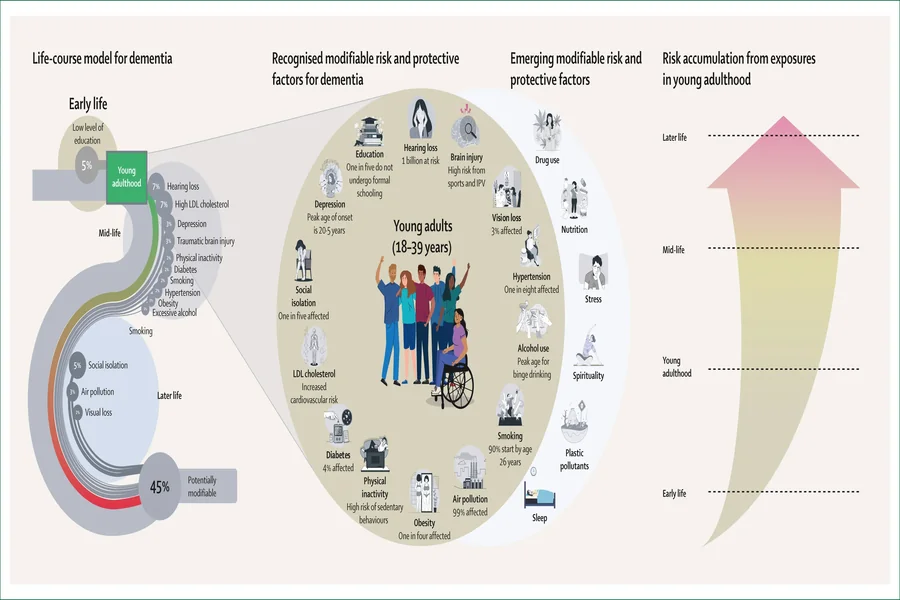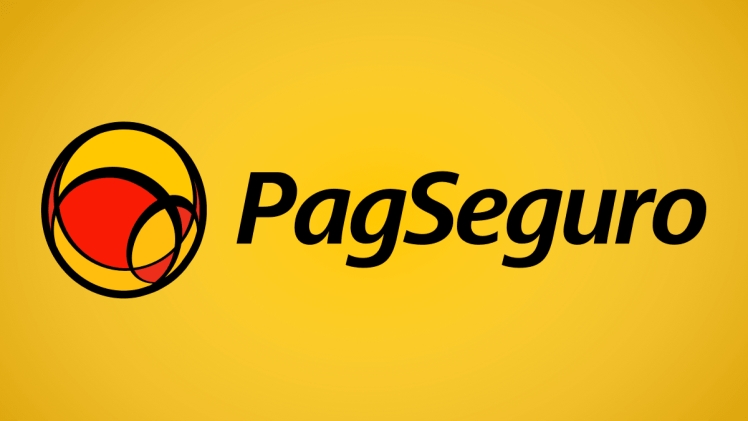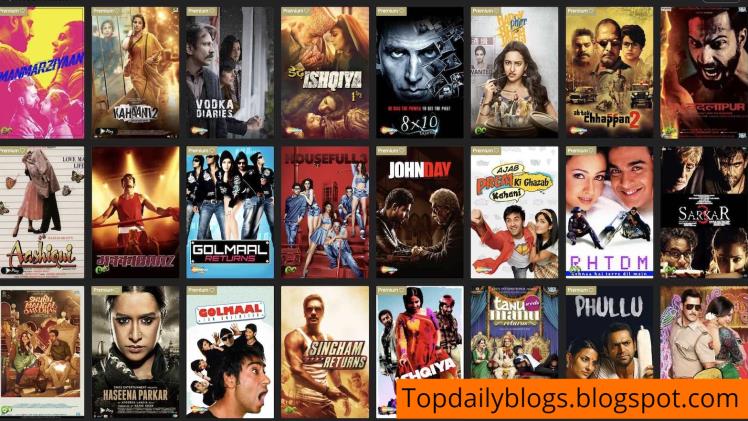Creativity has long been a subject of fascination for scientists, artists, and psychologists alike. Defined as the ability to generate novel and useful ideas, creativity is often linked to divergent thinking, imagination, and the flexibility of thought. Interestingly, one area of growing research and anecdotal interest is the potential connection between medical marijuana use and enhanced creativity. With the increasing legalization of medical cannabis across the United States, more people are exploring how cannabis may influence cognitive processes, especially those tied to creative thinking.
But is there real science behind the idea that marijuana can make someone more creative? Or is it merely a long-standing cultural myth fueled by artists and musicians who claim inspiration under the influence? To answer these questions, we must take a closer look at how cannabis affects the brain, particularly the mechanisms involved in creativity.
Cannabis and the Creative Brain
The active compounds in marijuana, primarily THC (tetrahydrocannabinol) and CBD (cannabidiol), interact with the body’s endocannabinoid system (ECS). The ECS plays a vital role in regulating mood, memory, appetite, and cognition. THC binds to CB1 receptors in the brain, altering neurotransmitter release and impacting functions like perception, attention, and thought flow.
Some studies have shown that low to moderate doses of THC may enhance divergent thinking—the ability to generate multiple solutions to a single problem, a core component of creativity. This may be due to how THC reduces inhibition and increases the brain’s access to seemingly unrelated ideas, allowing for more spontaneous associations and imaginative insights.
However, it’s important to note that higher doses of THC can impair working memory, attention, and problem-solving abilities, which may actually hinder creative output. Therefore, dosage and individual tolerance are key factors in whether cannabis enhances or diminishes creativity.
The Flow State and Cannabis
One theory behind cannabis-induced creativity relates to the concept of flow—a mental state where a person becomes fully immersed and focused in a task. In a flow state, ideas seem to come effortlessly, and time may feel distorted. For some users, cannabis helps quiet the internal critic or reduce performance anxiety, allowing them to enter a flow state more easily.
This may explain why artists, writers, and musicians sometimes turn to cannabis during creative blocks. When used mindfully, cannabis might help shift cognitive gears, offering a different perspective or emotional tone that sparks new ideas. That said, the effect can vary widely depending on the strain, dosage, and the individual’s unique brain chemistry.
A Tool, Not a Shortcut
While some research and many anecdotes support the idea that cannabis can aid in creative thinking, it’s crucial not to overstate its role. Medical marijuana is not a magical creativity enhancer. It may assist with the process of thinking differently, but it doesn’t automatically produce artistic talent or original thought.
Moreover, long-term or heavy use can lead to dependency and reduced motivation, which can work against sustained creative efforts. Like any tool, cannabis is best used in moderation and as part of a broader toolkit that includes rest, mindfulness, and practice.
Medical Marijuana and Cognitive Health
Beyond its potential influence on creativity, medical marijuana is increasingly used to treat conditions that may interfere with cognitive performance, such as chronic pain, anxiety, PTSD, and insomnia. When these issues are better managed, patients often report improvements in mood, energy, and mental clarity—which can indirectly boost creativity and productivity.
This is particularly relevant for individuals seeking relief from medical issues while also engaging in creative work or hobbies. In states like Florida, access to medical marijuana is becoming more streamlined, helping patients explore alternative wellness options. For those interested in getting a Florida medical marijuana card, the process typically involves receiving a physician’s recommendation and submitting an application through the state’s designated platform.
Final Thoughts: A Nuanced Relationship
The link between medical marijuana and creativity is nuanced. For some, cannabis opens doors to new perspectives and ideas. For others, it may impair focus and cloud judgment. The impact largely depends on the individual, their mental state, the specific cannabis strain used, and how it’s integrated into their routine.
As medical marijuana continues to gain legitimacy and more research becomes available, we may better understand how it interacts with the brain’s creative circuits. Until then, thoughtful use combined with a strong foundation of self-awareness and artistic discipline remains the most effective path to creative success.





